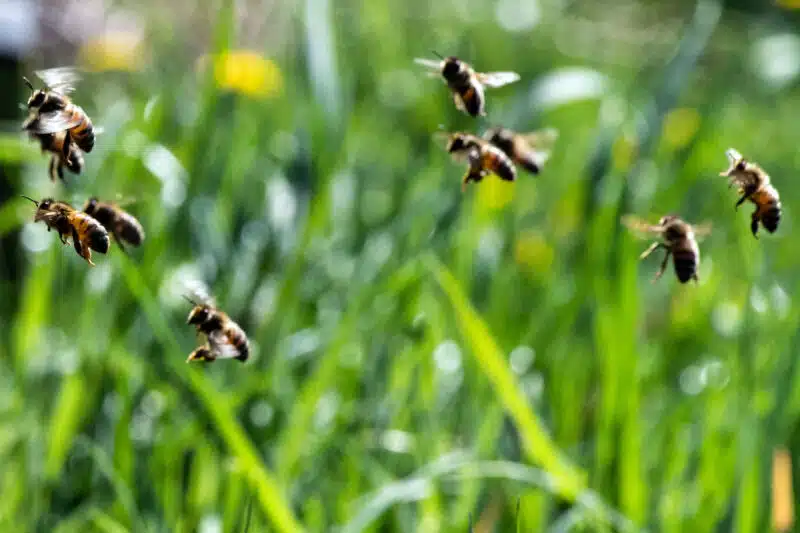Malaria cases have been increasing, with 249 million reported in 2022, marking a rise from the previous year. Africa is the most affected region, accounting for 94% of cases and 95% of global malaria-related deaths.
This year, Africa is witnessing the introduction of two groundbreaking malaria vaccines. Journalist Nadine Dreyer discusses with Jaishree Raman the potential of 2024 as a crucial year in the fight against this disease.
The RTS,S Malaria Vaccine
The RTS,S vaccine, the first vaccine to target a parasite, was developed by the Walter Reed Army Research Institute after 30 years of dedicated research and endorsed by the World Health Organization in 2021.
Key Features:
This long-awaited vaccine is considered a scientific breakthrough in child health and malaria control. It is primarily aimed at children under five years old, who represent about 80% of all malaria fatalities in Africa.
The safety and effectiveness of the vaccine were confirmed through a multi-country trial involving Ghana, Malawi, and Kenya. This study showed limited side effects, high community acceptance, and the practicality of administering a four-dose vaccine regimen in rural African healthcare settings.
Among children aged 5 to 17 months who received four doses of RTS,S, the vaccine prevented approximately 30% of severe malaria cases.
While a 30% prevention rate may seem modest, a recent study published in The Lancet Infectious Diseases in August 2023 revealed that administering RTS,S to young children alongside other antimalarial measures before the rainy season reduced malaria cases by almost two-thirds.
Rollout Progress:
Since 2019, over 2 million children in Ghana, Kenya, and Malawi have been vaccinated with the RTS,S malaria vaccine.
Cameroon initiated the world’s first routine vaccination program using the RTS,S in January 2024. The country is providing the vaccine free of charge to infants up to six months old, marking a transformative advancement in Africa’s public health landscape.
[ … ]
R21/Matrix M Vaccine
Following years of research, a second malaria vaccine, R21/Matrix M, was approved merely two years after RTS,S. It serves as a next-generation version of the RTS,S vaccine and was crafted by Oxford University’s Jenner Institute, earning WHO approval in October 2023.
Noteworthy Aspects:
The R21 vaccine boasts a remarkable 75% efficacy over a year, a significant improvement over the RTS,S vaccine.
The production process for this vaccine is much simpler, allowing for large-scale manufacturing. The Serum Institute of India, the world’s largest vaccine manufacturer, has already geared up to produce 100 million doses annually, benefiting millions of children born in malaria-endemic regions of Africa.
Prized for its cost-effectiveness, the R21/Matrix M vaccine is projected to be priced between $2 to $4 per dose, aligning with the costs of other childhood vaccines commonly used in Africa.
Rollout Status of the R21 Vaccine:
Data from a 2020 clinical trial involving 450 children from Burkina Faso indicated the vaccine’s safety and efficacy, with a 77% efficacy rate after 12 months.
Encouraged by these positive findings, several African countries, including Ghana and Nigeria, approved the use of the R21/Matrix M vaccine well before WHO approval, ensuring accelerated availability of the vaccine.
[ … ]
No Magic Solution
While these vaccines mark a significant stride in the fight against malaria, they are not a cure-all solution for eradicating the disease in Africa.
They serve as valuable additions to the malaria control toolkit and ideally should complement other preventive strategies like insecticide-treated bed nets, prompt diagnosis, and effective antimalarial treatments.
This year signifies a crucial milestone where many vulnerable young African children will have access to not just one but two malaria vaccines.
[ … ]






